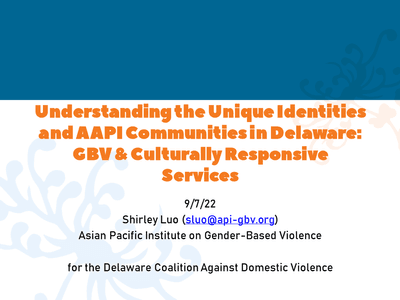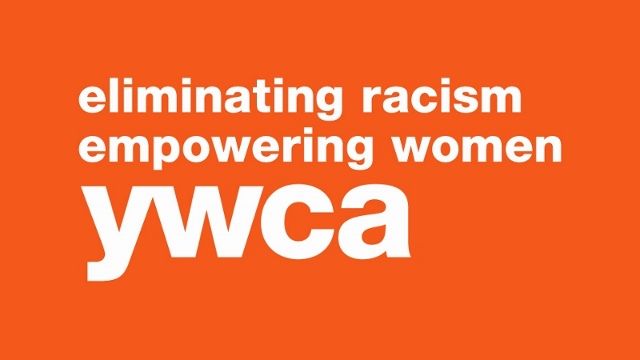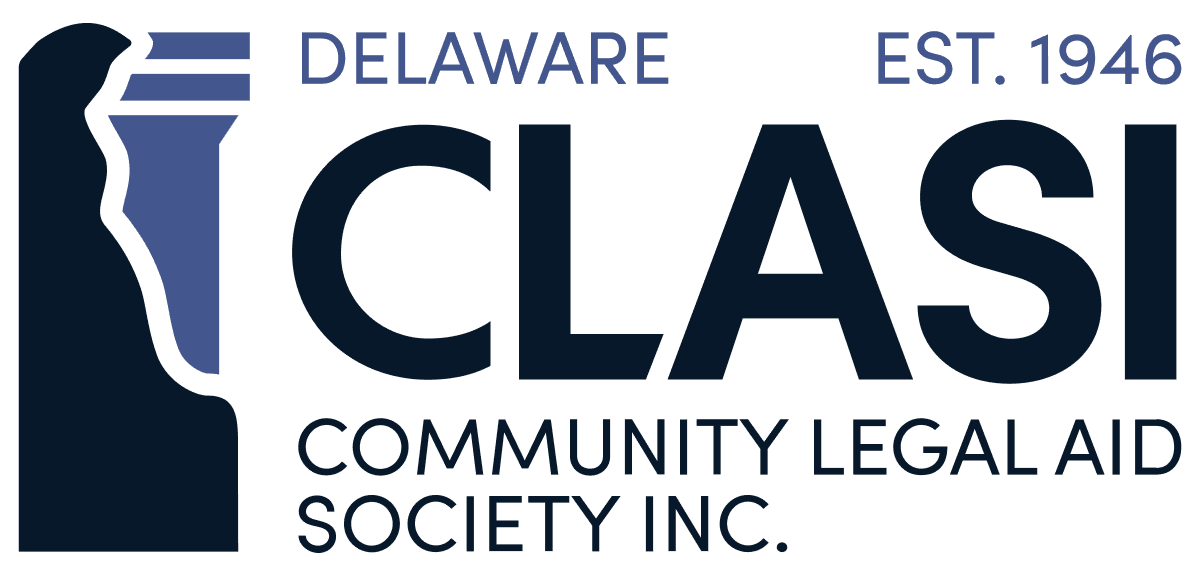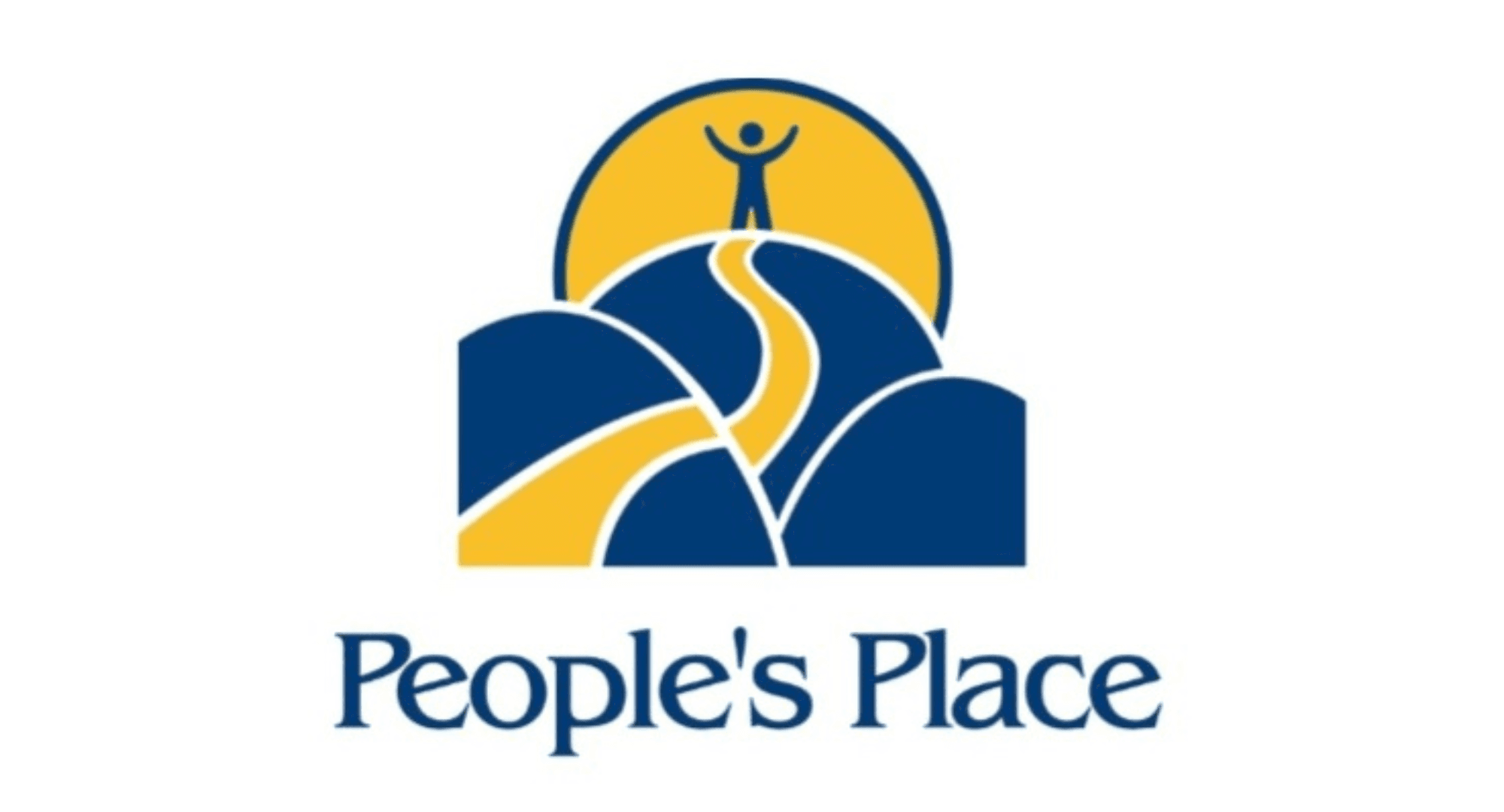Understanding the Unique Identities and AAPI Communities in Delaware
-
Recorded 09/07/22; 85 minutes
How much do you know about the nearly 1 million Asian/Asian-Americans and Pacific Islanders (AAPI) living in Delaware? The fast growing AAPI population spans a diverse array of races, ethnicities, cultures, languages, socio-economic statuses, and other identities. As a result, the experiences and needs of AAPI survivors of gender-based violence are just as varied, and services that come from a culturally relevant approach are critical in making sure that survivors and their families have access to continued well-being and healing. In this workshop, you will gain a deeper understanding of the cultural dynamics and barriers experienced by AAPI survivors and the importance of culturally-responsive and linguistically-appropriate services. We will also discuss the role of implicit bias that service providers might have, and strategies for survivor-centered approaches.
Presenter
Shirley Luo is the Program Manager for the culturally-specific Resource Center at the Asian Pacific Institute on Gender-Based Violence. She is responsible for developing and executing strategy related to API-GBV’s public awareness, resource development, and capacity building initiatives. In this role, she also delivers TA and training to diverse audiences on a variety of topics related to gender-based violence, culturally-specific advocacy, and AAPI experiences; and she engages the API-GBV’s national network of AAPI direct service agencies, state coalitions, TA providers, and other partners to deepen collaboration and nurture connections. Shirley received an M.A. in International Relations from NYU’s Department of Politics and a B.A. in History and Political Science from UC Berkeley. She has been with API-GBV since late-2016, and through its work on the national and community level, she has become a strong believer in the power of relationships in creating safer, equitable, and joyful communities.
By the end of this webinar, participants will:
- As advocates and allies, reflect upon implicit biases or assumptions and how they might affect interactions with AAPI survivors and communities.
- Understand the diverse cultural/community-generated and systems-generated barriers affecting AAPI communities and survivors.
- Understand how culturally response services are important to supporting AAPI survivors to achieve long term well-being.
Helpful Links and Resources
Please note that CEUs are only available for those who attended the live webinar. Certificates of completion will be available to those who watch the recording in its entirety.





